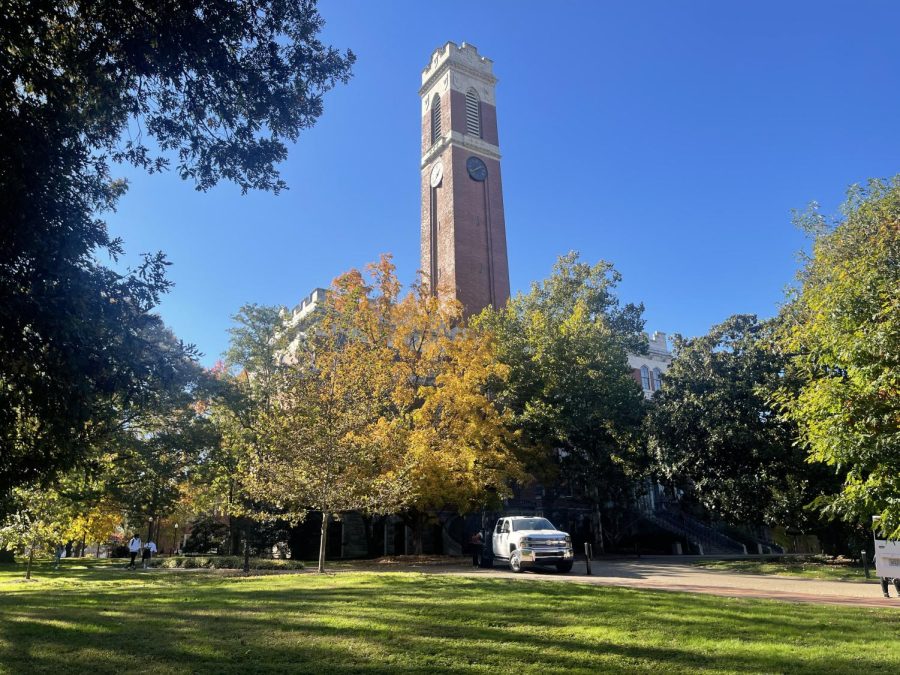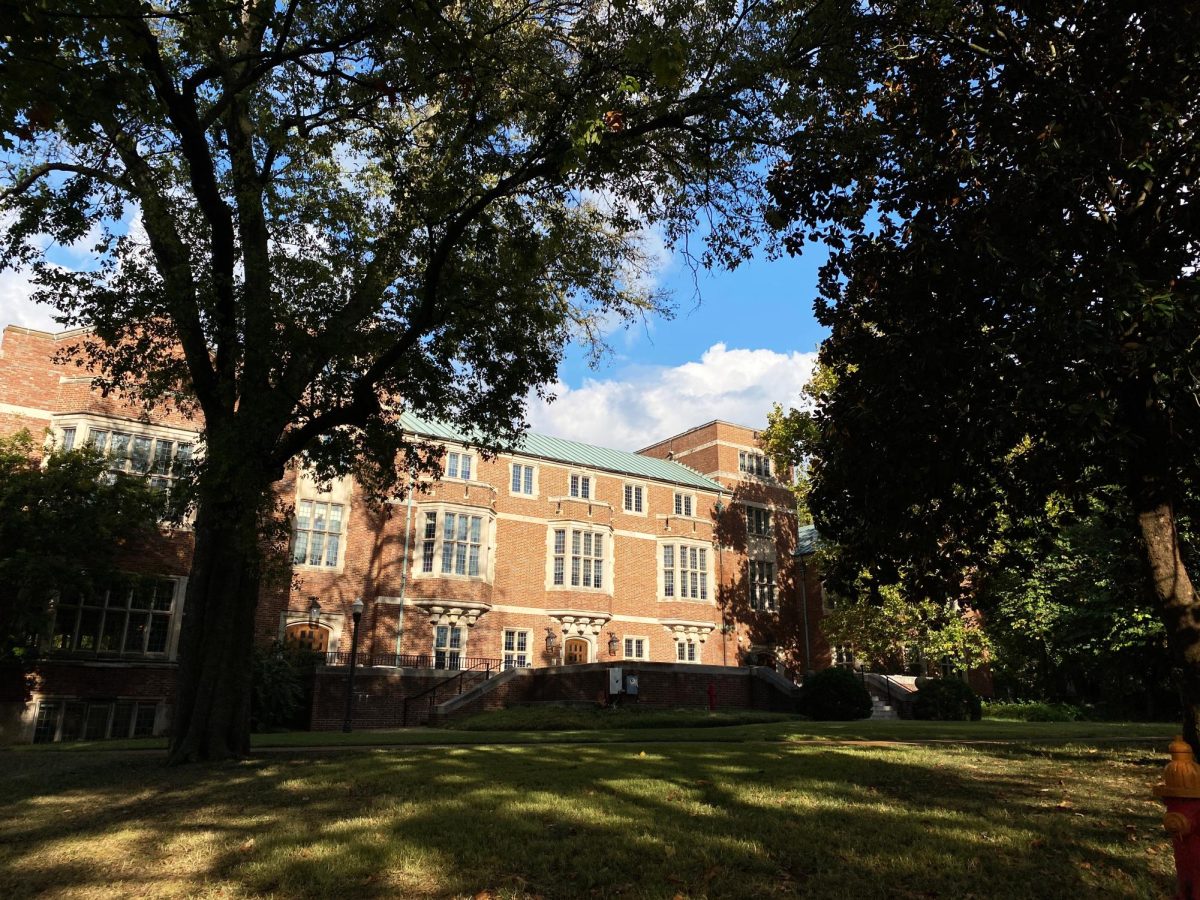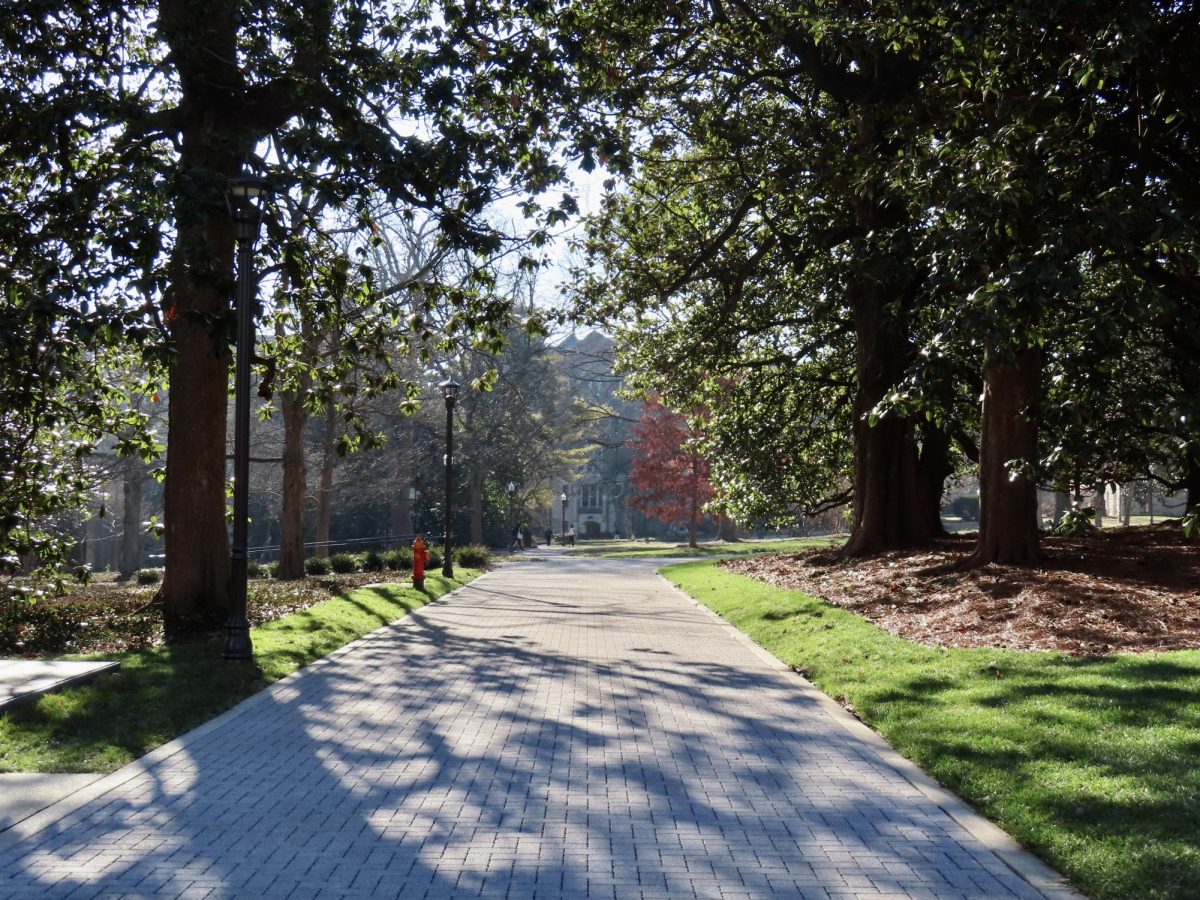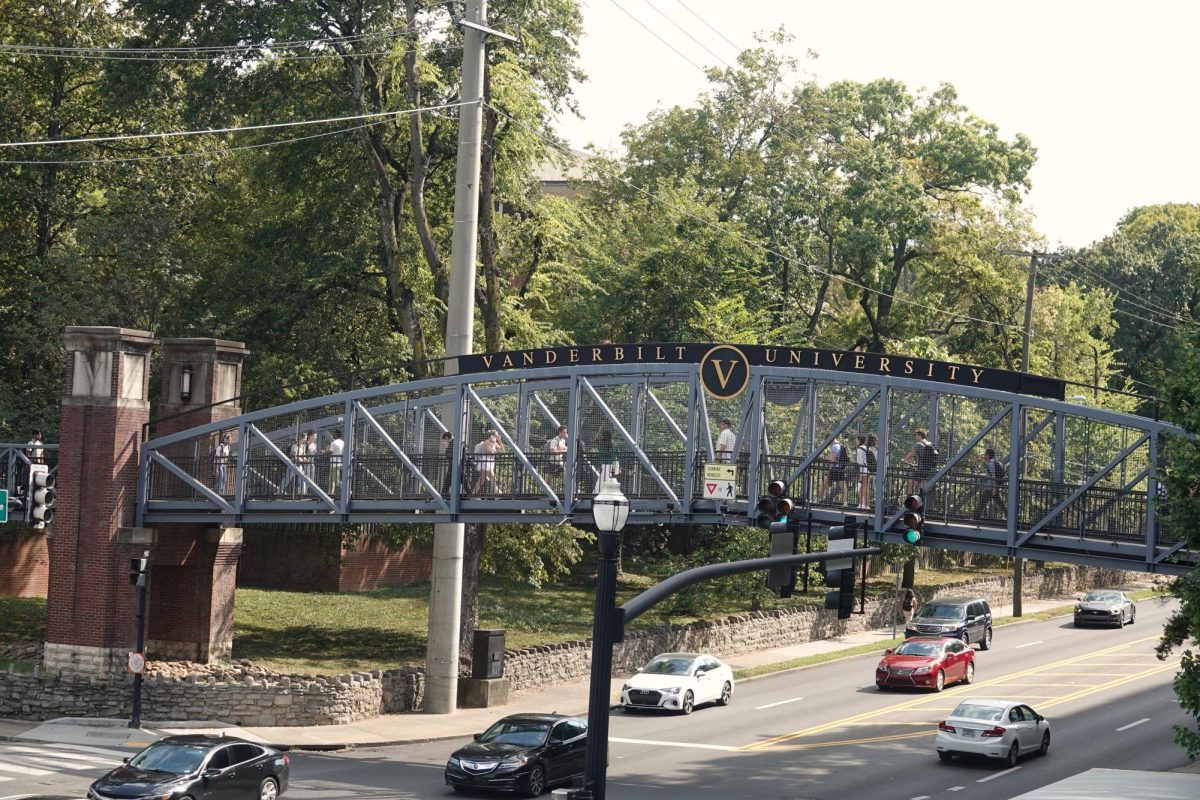VSG Senate election results for the 2022-23 school year were released by email on Sept. 21. Similar to the 2021-22 Senate election, 12 seats are vacant out of a total of 30 positions.
This year’s election differed from the past two years due to changes in policy during the COVID-19 pandemic. For the 2020-21 academic year, VSG adopted a class-based system as a result of changes to campus housing during the COVID-19 pandemic. With this system, students ran for their respective classes or expected year of graduation. This year, the Senate reverted back to the residential college system. Seats are now split into two groups—academic constituencies and residential constituencies.
There are currently two open seats for Commons, with the Hank Ingram House senator and Gillette House senator positions unfilled. The rest of the remaining seats are for upperclassmen residential communities, including one senator each for the Village at Vanderbilt University, Morgan House, Lewis House, Moore College, Alumni Lawn Area (Cole, Toleman, McGill and McTyeire), E. Bronson Ingram College, Nicholas S. Zeppos College and Rothschild College. Additionally, there are two vacant senator positions for off-campus housing.
To encourage students to run for VSG Senate, VSG is not requiring the candidates to create or run a campaign. Per the email, the only requirements to acquire one of these remaining positions are to belong to the body of voters and have a minimum GPA of 2.5.
Junior and current Speaker of the Senate Angela Yan encouraged students to apply for these vacant seats and emphasized that no prior experience is necessary.
“Becoming a senator in VSG is an opportunity to have your voice heard, especially if you aren’t well-represented on campus,” Yan said.
Newly-elected College of Arts and Science senator Marco Navarro Stanic, a sophomore, echoed Yan’s sentiment.
“For any student who is interested in making a change in Vanderbilt campus but is discouraged to get involved in VSG Senate because of campaigning, I think it’s an amazing opportunity to do it,” Navarro Stanic said.
Five academic senators were elected to represent each undergraduate academic school as well as transfer students. Senior Matt Geleta and Navarro Stanic will serve as this year’s Arts and Science senators, senior Ian Jenson as Blair senator, senior Rennie Rath as the Engineering senator and junior Scott Coberly as the Peabody senator. Sophomore Evan Wilkerson will serve as this year’s transfer senator.
The elected Commons residential senators include first-years J.T. Off representing East and Memorial Houses, Anika Shah representing Murray and Crawford Houses, Sarah Kessler representing North and West Houses and Grace Nitcheu representing Sutherland and Stambaugh Houses.
The elected upperclassmen residential senators are sophomore Nicolas Becerra Gomez representing Alumni Lawn, sophomores Ben Carlow and Thomas Richardson representing Branscomb Quad, junior Truong Nguyen representing Chaffin Place and Mayfield, sophomore Ashton Monk representing Greek Housing and Blakemore and senior Pierce Bivens representing Warren College.
Despite the differing needs of the senators’ respective constituencies, expanding the Taste of Nashville program and adding more items to Munchie Mart is a consistent platform across almost all years and residential communities. Many elected senators, such as Off, Becerra Gomez, Carlow, Richardson, Bivens, Wilkerson and Geleta, advocated for this reform. Another common platform point was a promise of continuing efforts to divest Vanderbilt from fossil fuels and make all functions of campus more sustainable.
For academic senators, adjusting attendance policies and mitigating academic stresses by changing the timing of midterms are common platform points. Candidates Rath and Jenson chose to include reducing the cost of summer tuition in their platform, which currently creates “a financially hostile environment for low-income students” according to Rath and an “unacceptable barrier to success for low-income students” according to Jenson.
Those running for residential college seats prioritize the needs of their respective buildings, amenities and residents in their platforms. Branscomb senator Richardson included new water fountains and an additional printer as part of their campaign platform. North and West Senator Kessler advocated for expanding the curfew of the side doors to ensure easy access and accessibility for students. Kessler and Richardson both advocated for increased campus lighting to improve student safety.








